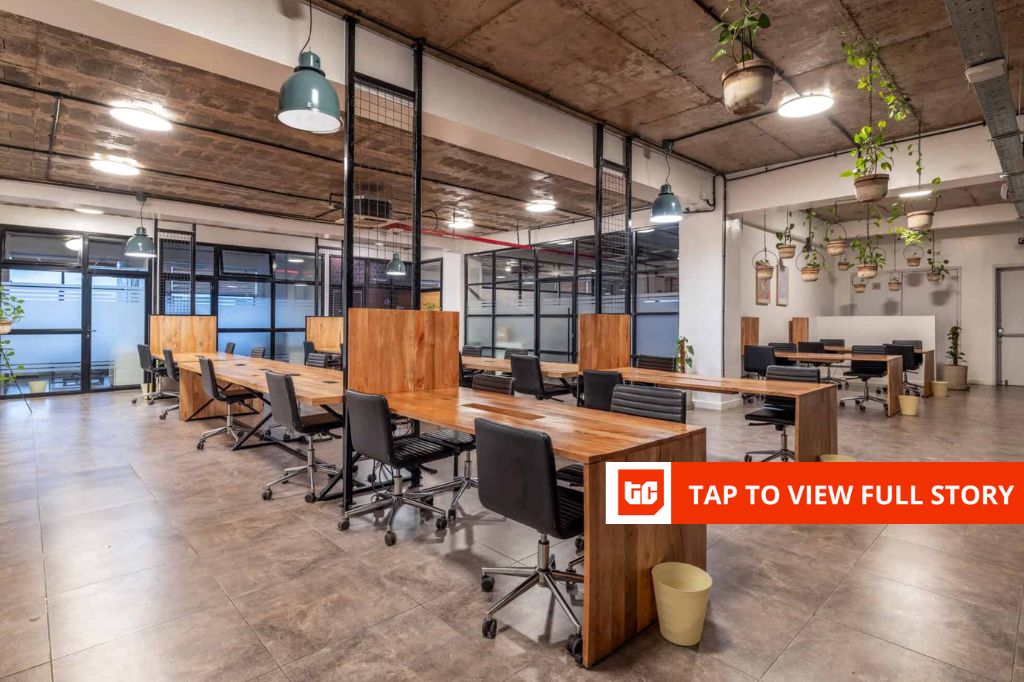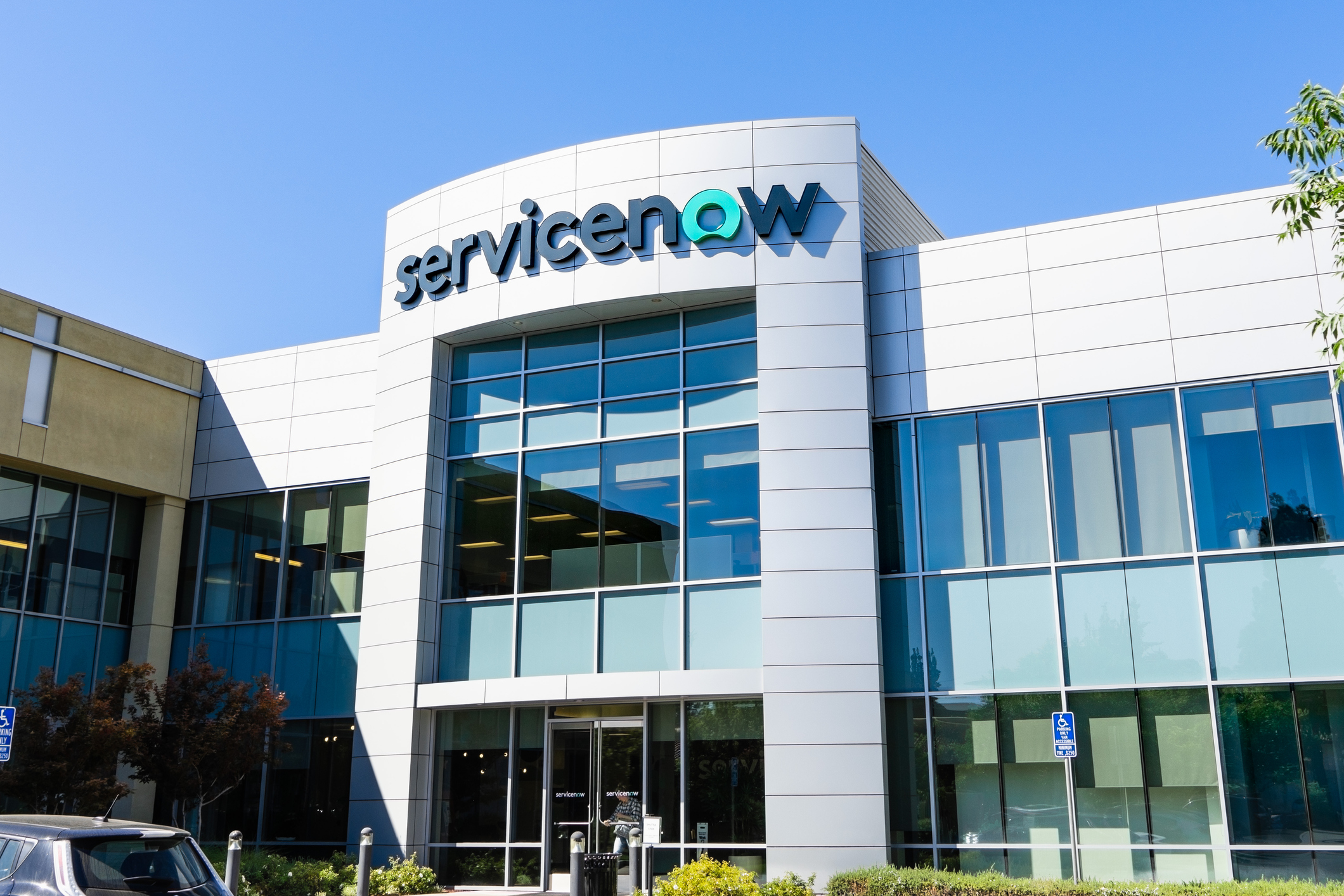A decade ago, Nairobi’s co-working spaces were touted as temples of Kenya’s innovation economy—glass-walled hubs, adorned with local art and furnished with sleek chairs, where young founders could incubate the next groundbreaking ideas.
Today, founders and small business owners are opting for restaurants and cafés, securing seats with a coffee or a bottle of water as they stretch their budgets. The dream of affordable, flexible workspaces has collided with a more challenging fundraising climate, slowing growth for small businesses, and weak consumer spending.
When global flexible workspace provider Regus opened its Nairobi offices in 2016, followed closely by homegrown Nairobi Garage and upscale operator Ikigai, the city’s startup scene was buzzing. Venture capital was taking off, especially after 2017, and the need for flexible, plug-and-play spaces seemed obvious.
However, founders and remote workers, who are the primary targets now, believe the economics tell a different story.
The promise and price
Daily desk passes in most Nairobi co-working spaces cost between $15.45 (KES 2,000) and $23.17 (KES 3,000), while boardroom rentals range from $3.86 (KES 500) to ($15.45 (KES 2,000) per hour. Long-term packages are more affordable but still expensive: a dedicated desk costs between $193 (KES 25,000) and $386 (KES 50,000) per month, while private offices range from $540 (KES 70,000) to $1,930 (KES 250,000), depending on size and the number of occupants.
These prices often exceed the rent of traditional offices. In the Central Business District (CBD), small commercial units can still be leased for less than $386 (KES 50,000) a month. Even in Nairobi’s leafier suburbs, two-bedroom apartments—easily converted into offices—rent for $656 (KES 85,000) to $1,390 (KES 180,000), often less than what co-working providers charge for equivalent space.
“The cost doesn’t make sense for someone building ground up,” says David Saria, a 27-year-old freelance developer. “I could spend the same amount and rent a private office, or even a house. The co-working concept was supposed to make things affordable, but it’s out of reach for many.”
Cafés are the new offices
Instead, people are turning to restaurants, some of which have adapted to the shift in demand. In Nairobi’s CBD, a growing number of establishments now offer lounges with comfortable seating, reliable Wi-Fi, and power outlets—spaces that can double as meeting areas for client presentations or team meetings.
While restaurants lack the calm and focus of co-working spaces, the savings are apparent. With a daily budget of $19.31 (KES 2,500), a founder can secure internet access, a meal, and a working spot. By comparison, the same amount barely covers the cost of a desk at a co-working hub.
Restaurants see the arrangement as symbiotic. A steady stream of remote workers means predictable foot traffic during weekdays, a time when eateries otherwise struggle to fill seats. Some cafés now advertise themselves as “work-friendly,” offering packages with unlimited refills, discount meal plans, and reserved quiet zones.
“It’s cheaper and it makes more sense,” Saria says. “With two or three thousand shillings, I get Wi-Fi, a place to sit, and a meal for two. That’s the same amount most co-working spaces charge just for the seat.”
He admits, though, that cafés are more of a meeting spot than a daily office. Most of his work happens at home, where the real savings are made. The restaurant routine only comes into play when he needs to meet clients or collaborators, an occasional expense rather than a fixed overhead.
Economic chill
The shift comes at a challenging moment for Kenya’s startup and SME ecosystem. Venture capital inflows, while showing signs of recovery, remain well below the highs of 2020–2022. The downturn in 2023 and 2024 mirrored global trends but cut deeper in markets like Kenya, which rely heavily on external funding.
For SMEs, double-digit loan rates have made credit costly, while freelancers—some of whom rely on foreign contracts—have been squeezed by a slowdown in overseas deals that has eroded their incomes amid rising living costs.
In this climate, every shilling counts. “Nearly every entrepreneur I meet is trying to save on overheads,” says Hassan Shukri, a property manager in Nairobi’s South B. “They’ll ask me for the most affordable properties, not the most stylish ones. They would rather put money into licenses, supplier payments or salaries than a fancy office.”
While some multinationals, cash-rich startups, and NGOs still use premium spaces like Ikigai or Kofisi for their Nairobi bases, local entrepreneurs—the very demographic these hubs were meant to serve—are seeking cheaper alternatives.
For cash-strapped startups and freelancers, cafés and converted apartments make sense. However, for well-funded firms or foreign outfits, co-working spaces still offer high-end design, a professional ambience, and networking opportunities.
Even for those struggling with tight budgets, co-working spaces remain appealing. For teams requiring a central location with reliable infrastructure, or freelancers seeking a professional environment to host investors, the value proposition remains. Aesthetics—polished furniture, curated art, and a corporate address—carry weight in Nairobi’s competitive business scene.
Image Source: KMA
Office space glut
The strain on co-working spaces also arises as Nairobi faces a surplus of unused office space. In July, Knight Frank estimated that 23% of prime office space in the city is vacant, as corporates adopt hybrid work arrangements and reduce their reliance on expensive leases.
This has driven down rents in traditional office markets but has not translated into lower co-working costs. Industry insiders say operators face higher fit-out and service expenses than landlords of bare offices, forcing them to maintain premium pricing.
Consultants, law firms, and small startups are increasingly renting apartments and turning them into offices. “If we are sharing space, then it should be cheaper than renting an entire house,” says Charles Ireri, a due diligence consultant who worked as head of compliance at Equity Bank. “Instead, co-working rents are enough for a nice two-bedroom apartment, enough for both living and working.”
The economics are better: a two-bedroom apartment at $695 (KES 90,000) a month can comfortably house a team of 8–15, at less than half the cost of renting equivalent space in Nairobi’s co-working spaces.
Mark your calendars! Moonshot by is back in Lagos on October 15–16! Join Africa’s top founders, creatives & tech leaders for 2 days of keynotes, mixers & future-forward ideas. Early bird tickets now 20% off—don’t snooze! moonshot..com











